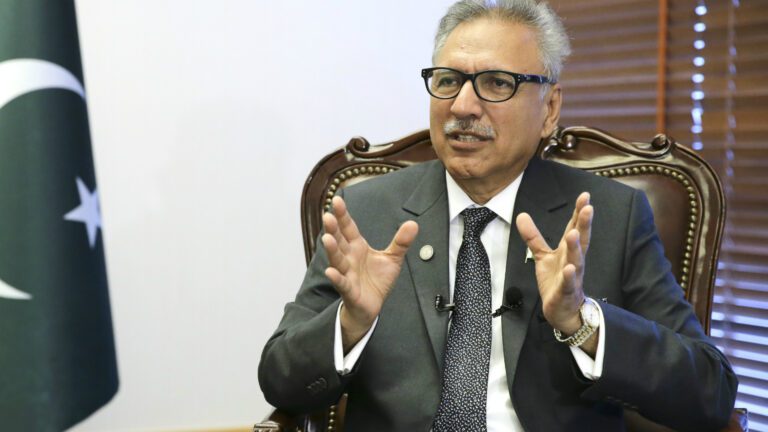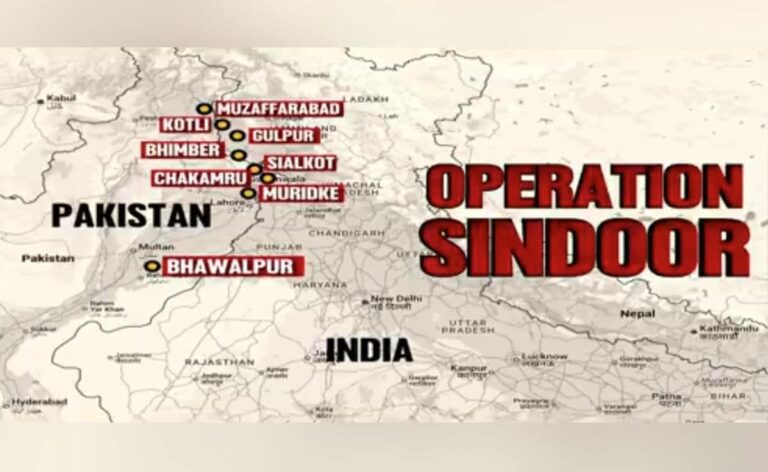🇮🇳 India Halts Indus Water Flow Pact with Pakistan: How It Could Deeply Impact Millions

April 25, 2025
Location: New Delhi / Islamabad
India has officially paused the Indus Waters Treaty (IWT) with Pakistan, a historic agreement that has governed water sharing between the two nations for over six decades. This sudden and sharp move comes just days after a deadly terror attack in Pahalgam, Jammu and Kashmir, which India links to Pakistan-based operatives.
🔍 What Is the Indus Waters Treaty?
Signed in 1960 with World Bank mediation, the Indus Waters Treaty allows Pakistan to use waters from the western rivers—Indus, Jhelum, and Chenab—while India maintains control over the eastern rivers—Ravi, Beas, and Sutlej. This pact has survived wars and major conflicts, standing as a rare example of cooperation between two hostile neighbors.
⚠️ Why Did India Suspend the Treaty?
The decision was triggered by a brutal terror strike in the Kashmir Valley that left at least 26 people dead, including foreign nationals. India holds Pakistan responsible for harboring the groups behind the attack.
In a statement, Indian officials described the suspension as a national security necessity, not a permanent withdrawal—yet the move allows India to halt data-sharing, freeze project clearances, and reconsider water flow to Pakistan.
🌾 What’s at Stake for Pakistan?
Pakistan is heavily dependent on the Indus Basin for irrigation, drinking water, and hydropower. Nearly 80% of its agriculture relies on this system. Any disruption in the flow of these rivers could:
- Trigger water shortages in key farming regions like Punjab and Sindh
- Cut electricity output from hydroelectric plants
- Cause a humanitarian and economic crisis affecting millions
Pakistani authorities have called India’s decision a “direct threat” and hinted at escalating diplomatic protests, with some officials warning that weaponizing water could be seen as a provocation toward conflict.
🌍 What Happens Next?
While India hasn’t exited the treaty completely, its partial suspension opens the door to future moves that could erode the pact’s framework. Legal experts note that the treaty doesn’t offer an easy way to exit, but strategic delays and operational blocks can create long-term pressure.
Global leaders have urged both nations to de-escalate and return to dialogue. However, with border tensions running high, the water crisis may now be added to an already volatile relationship.





